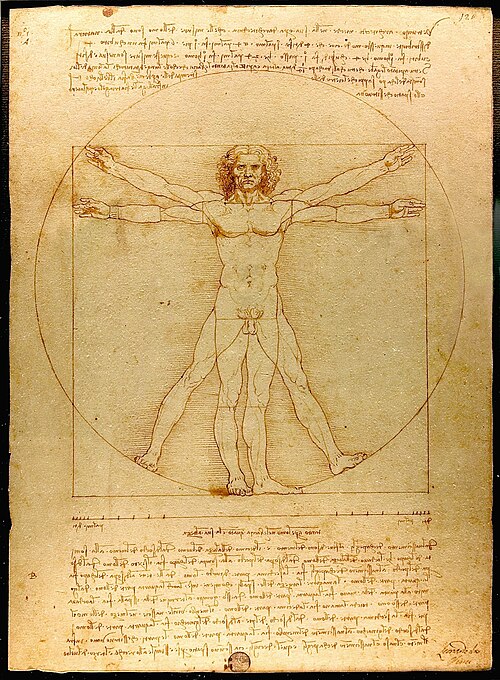Umbilicusnoun
(anatomy) navel
Umbilicusnoun
(botany) hilum
Umbilicusnoun
(zoology) A depression or opening in the center of the base of many spiral shells.
Umbilicusnoun
(zoology) Either of the two apertures in the calamus of a feather.
Umbilicusnoun
(space) A tube connecting an astronaut or spacecraft to the mothership, through which supplies and samples can be transferred.
Umbilicusnoun
One of the foci of an ellipse or other curve.
Umbilicusnoun
(geometry) A point of a surface at which the curvatures of the normal sections are all equal to each other.
Umbilicusnoun
(historical) An ornamented or painted ball or boss fastened at each end of the stick on which manuscripts were rolled.
Umbilicusnoun
The depression, or mark, in the median line of the abdomen, which indicates the point where the umbilical cord separated from the fetus; the navel; the belly button, in humans.
Umbilicusnoun
An ornamented or painted ball or boss fastened at each end of the stick on which manuscripts were rolled.
Umbilicusnoun
The hilum.
Umbilicusnoun
A depression or opening in the center of the base of many spiral shells.
Umbilicusnoun
One of the foci of an ellipse, or other curve.
Umbilicusnoun
scar where the umbilical cord was attached
Navelnoun
(anatomy) The indentation or bump remaining in the abdomen of mammals where the umbilical cord was attached before birth.
Navelnoun
The central part or point of anything; the middle.
Navelnoun
(historical) An eye on the underside of a carronade for securing it to a carriage.
Navelnoun
A mark or depression in the middle of the abdomen; the umbilicus; called also belly button in humans. See Umbilicus.
Navelnoun
The central part or point of anything; the middle.
Navelnoun
An eye on the under side of a carronade for securing it to a carriage.
Navelnoun
scar where the umbilical cord was attached
Navelnoun
the center point or middle of something
Navel
The navel (clinically known as the umbilicus, commonly known as the belly button) is a protruding, flat, or hollowed area on the abdomen at the attachment site of the umbilical cord. All placental mammals have a navel.

















